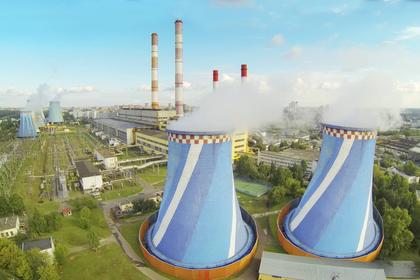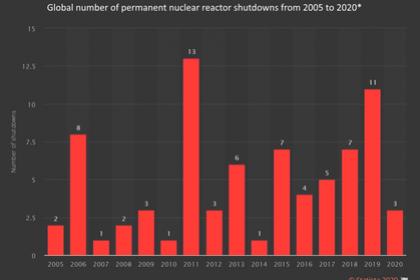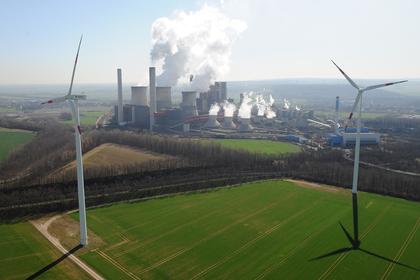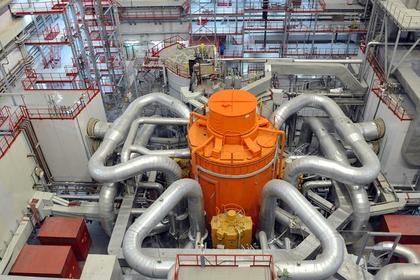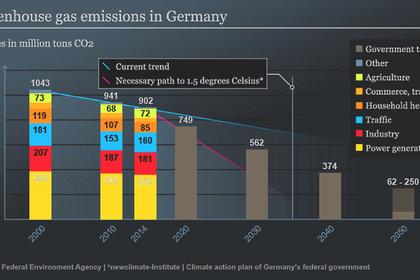
GLOBAL ENERGY TRANSITION FOR CLIMATE
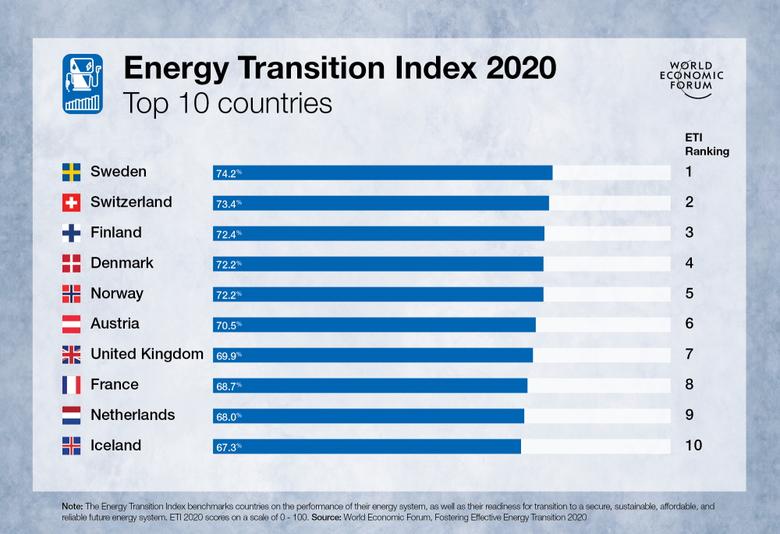
PLATTS - 24 Sep 2020 - Oil and natural gas industry executives asserted their industry is uniquely positioned to lead globally on innovation and technological breakthroughs required to advance low carbon energy solutions, but also stressed that the energy transition will require their collaboration with government and others.
Speaking during a National Clean Energy Week event, a panel of leaders from companies investing heavily in lower carbon technologies on Sept. 23 discussed progress and challenges to the transition underway.
Trude Sundset, CEO of Norway's Gassnova, which coordinates Norway's full-scale project for carbon capture and storage on behalf of the country's government, said sentiment toward CCS has become "increasingly positive" in Norway and elsewhere during the past year as "we have all realized what it will take to meet the net-zero emissions goals set by the nations and by industries."
She pointed to International Energy Agency projections that the amount of carbon capture needed to meet net-zero emissions goals by 2050 is the equivalent of adding one CCS project per week.
Technological challenge
Matt Most, vice president of government relations for Calgary-based exploration and production group Ovintiv, asserted that the climate challenge is inherently a technological problem, rather than one solved by rationing energy use.
"It's difficult not to underestimate the potential of new technologies," Most said: adding: "Dont assume oil and gas cannot compete in a low-carbon world due to the potential of technology to dramatically decarbonize the use of our products."
The oil and gas officials highlighted their industries' experience with large scale projects, with using technology to solve problems, along with their human capital and potential to leverage experience working offshore.
"If you think about something like [carbon capture utilization and storage], the project management and the complexity and the scale of those projects are the kinds of things that our industry is very good at doing," said Bob Stout, vice president and head of US policy for BP America. He also described the industry as well-placed to address the infrastructure needed for hydrogen, particularly in the near term, for so-called "blue hydrogen" that is manufactured from gas.
Government role
Still, the industry representatives pointed to a need for supportive government policies, for partnerships with customers that ultimately combust the fuels, and collaboration with nongovernmental organizations.
They urged policymakers generally to adopt fuel-neutral, outcomes-focused approaches, and to avoid picking winners and losers.
But Sundset also said some government support is needed for new technologies such as CCUS. "You don't really have an existing market. So [for] a period of time, you need support for the introduction until the market is ready to really deploy this at scale," she said.
The conversation comes as several oil majors are charting a faster shift to cleaner energy. BP, for instance, has promised to boost investment in low-emissions businesses to $5 billion a year while lowering oil and gas production by 40% over the next decade.
Oil giants' goals are met with skepticism from some parts of the environmental community.
Oil Change International released a report Sept. 23, endorsed by a coalition of environmental groups, asserting that "none of eight of the largest integrated oil and gas companies come close to aligning their actions with the urgent 1.5 degree Celsius global warming limit as outlined by the Paris Agreement."
"Governments, investors, and communities should not assume the industry most responsible for causing the climate crisis will do its fair share to solve it," it said in the report.
Texas positioning
During a separate panel session at the National Clean Energy Week forum Sept. 24, speakers, however, talked up the potential for Texas to play a leadership role on the path to net-zero emissions and CCUS deployment. They cited an opportunity created by the state's concentration of oil and gas resources, including human capital, its heavy industrial emissions and its existing infrastructure, alongside the imperative to ensure the US Gulf Coast region's economic future.
"Texas is home to a massive industrial complex, which is identified typically as one of the hard-to-abate sectors," said Ken Medlock of Rice University's Baker Institute for Public Policy, noting the state is responsible for about 27% of national carbon dioxide emissions from the industrial sector nationwide. He also suggested the region's geology offers opportunities for long-term storage.
"When you think about an opportunity to scale carbon capture, Texas is actually very well-suited for that," he said.
-----
Earlier:
